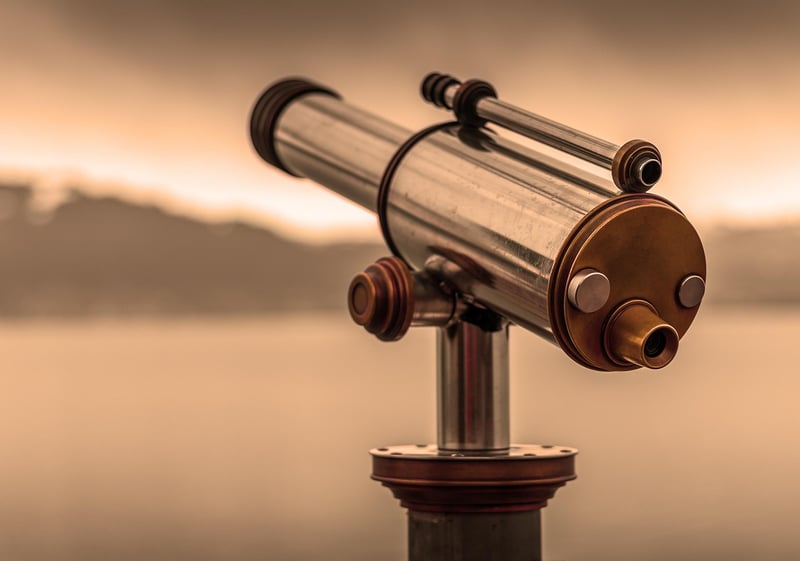LIGO Observations
Ripples in the Fabric of Space-Time: LIGO Observations

Have you ever wondered about the mysterious phenomena of ripples in the fabric of space-time? These ripples, known as gravitational waves, were predicted by Albert Einstein in his theory of general relativity over a century ago. However, it wasn't until recently that scientists were able to directly observe them.
What are Gravitational Waves?
Gravitational waves are disturbances in the curvature of space-time that propagate as waves, traveling outward from accelerating masses. These waves are created by some of the most violent and energetic processes in the universe, such as colliding black holes or neutron stars.
Observing Gravitational Waves with LIGO
The Laser Interferometer Gravitational-Wave Observatory (LIGO) is a large-scale physics experiment aiming to directly detect gravitational waves. LIGO consists of two identical detectors located in the United States, one in Hanford, Washington, and the other in Livingston, Louisiana.
By using high-powered lasers and precise mirrors, LIGO can measure minuscule changes in the length of its arms caused by passing gravitational waves. Since its first detection in 2015, LIGO has observed numerous events, confirming the existence of gravitational waves and opening a new era of gravitational wave astronomy.
Significance of LIGO Observations
The observations made by LIGO have provided crucial insights into the universe, allowing scientists to study black holes, neutron stars, and other astrophysical phenomena in ways previously impossible. By detecting gravitational waves, researchers can now explore the cosmos in a completely new light.
Conclusion
Ripples in the fabric of space-time, as observed by LIGO, have revolutionized our understanding of the universe. The ability to detect gravitational waves has unlocked a new realm of astronomy, offering a unique perspective on the most extreme events in the cosmos.
For more information about LIGO and gravitational waves, visit the LIGO official website.
